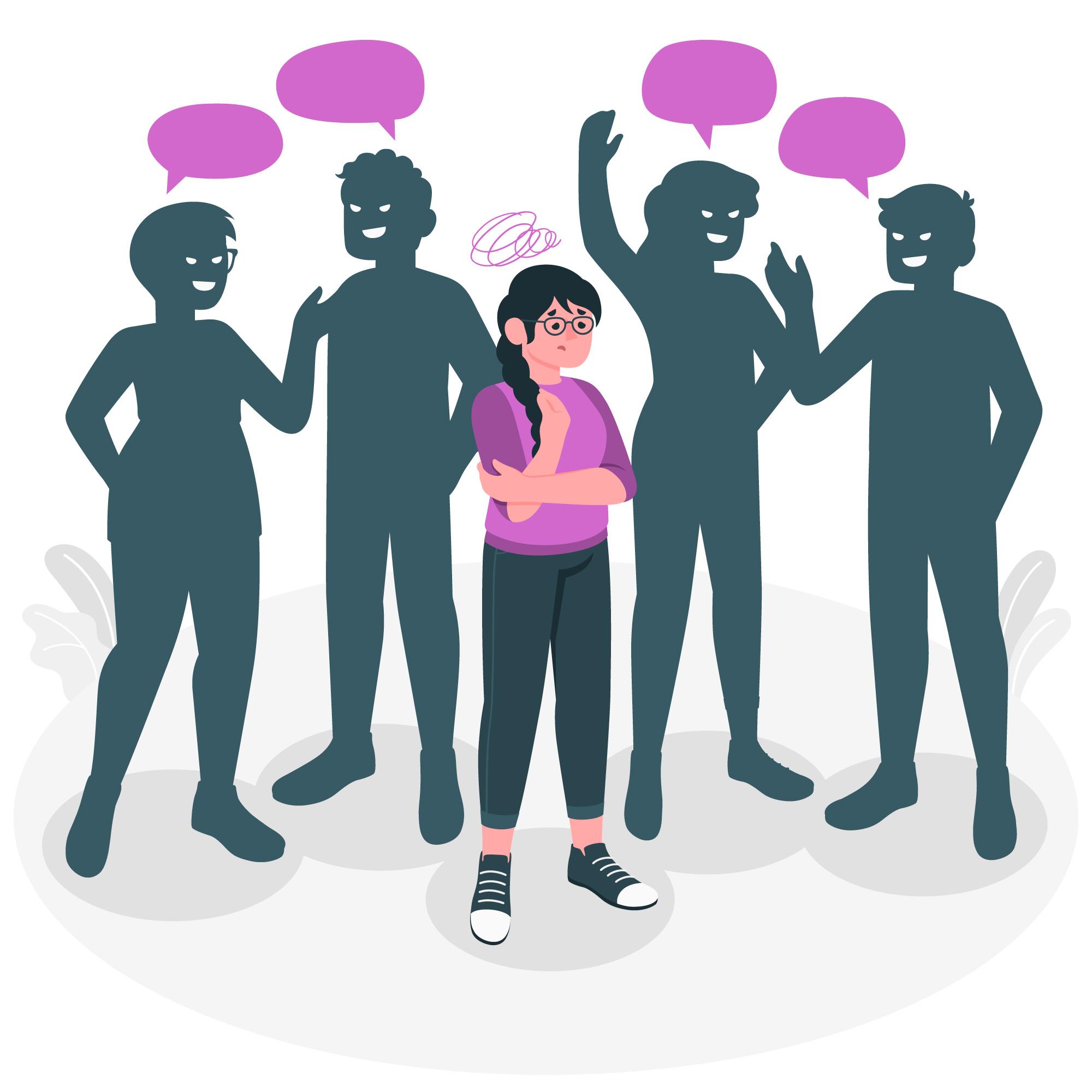Social anxiety is a common challenge for students. It hinders their ability to engage properly in social situations. Some students cannot figure out what the issue is. They end up blaming their activities for such situations. However, it’s important to remember that a lot of students go through this phase. All they have to do is identify the problem and work on it.
And if you are going through the same thing, let us remind you that you are not alone in this struggle. Today, we will explore effective strategies and practical tips that will help you overcome social anxiety.
6 Ways You Can Overcome Your Social Anxiety
Changing your mindset will solve a lot of issues. But as for the young students, they cannot channel their thoughts. That is why they are the most suffering group. However, you can follow the following tips to handle your social anxiety.
-
Understanding Social Anxiety
Social anxiety is an excessive fear of being judged, embarrassed, or humiliated in social situations. Recognizing that social anxiety is a normal reaction to certain stimuli can stop your self-judgment. Remember, everyone experiences moments of nervousness, but it’s how we respond that matters.
-
Challenge Negative Thoughts
Negative thoughts can amplify social anxiety. Take your time to identify and combat negative self-talk. Instead of assuming the worst-case scenario, remind yourself of past successes and focus on the positive aspects. Replace self-critical thoughts with more realistic and compassionate ones.

-
Gradual Exposure
Facing your fears in a gradual and controlled manner can be instrumental in overcoming social anxiety. Start by exposing yourself to mildly anxiety-inducing situations, gradually increasing the difficulty level. This could involve joining a study group or attending a small gathering with close family and friends. Each step forward will help build your confidence and resilience.
-
Develop Social Skills
Learning and honing social skills can boost your confidence and make social interactions more comfortable. Practising active listening, maintaining eye contact, and engaging in small talk will help you push social anxiety away. Seek opportunities to join clubs, organisations, or volunteer activities that align with your interests. These settings provide a supportive environment to practise and develop your social skills.
-
Self-Care and Stress Management
Taking care of your physical and mental well-being is crucial for managing social anxiety. Engage in regular exercise, prioritise sleep, and eat a balanced diet. Practice relaxation techniques such as deep breathing or mindfulness meditation to calm your mind and body. Remember to set realistic goals, manage your time effectively, and maintain a healthy work-life balance.
-
Seek Support
You need to remind yourself that seeking support is a sign of strength. Talk to trusted friends, family members, or a school counsellor about your social anxiety. They can guide, encourage, and possibly connect you with resources such as therapy or support groups. Sharing your experiences with others who have similar struggles can be incredibly comforting and reassuring. And if nothing works out for you, seeking a professional psychiatrist’s help will be the best.
Overcoming social anxiety is a journey that requires patience and perseverance. Taking small steps will make significant progress toward challenging your social anxiety. Be kind to yourself, and remember, you have the power to conquer social anxiety and thrive in social situations.


One response to “Overcoming Social Anxiety: A Student’s Guide to Embracing Confidence”
I usually see this topic written for adults not students so it is interesting to see this approach!